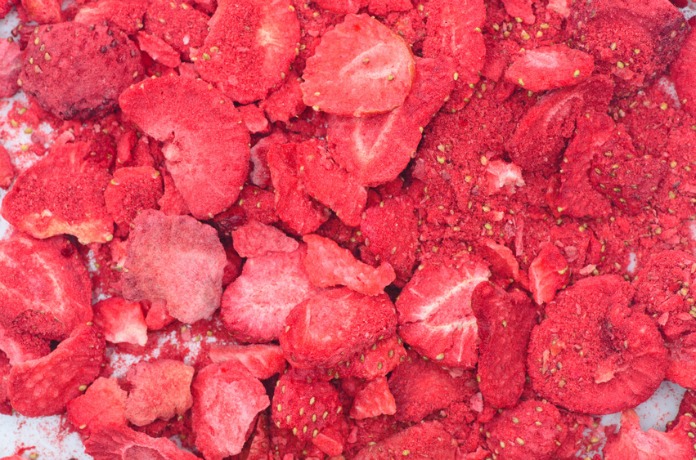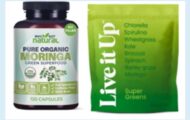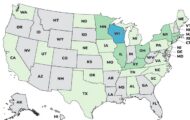The hepatitis A outbreak linked to Tropical Smoothie Cafe products that were made with frozen strawberries has sickened at least 134 people, according to the FDA. Those berries were allegedly imported from Egypt, according to government officials.

Now the FDA has issued an import alert banning frozen strawberries from one Egyptian facility, although a portion of the alert with details about the ban is redacted. The only portion in the “notes” field on the alert that isn’t blacked out is the phrase “Problem(s): Hepatitis A (1b).” The facility is the International Company for Agricultural Production & Processing. The “1b” denotes the strain of hepatitis A. A notice posted on the Virginia Department of Health website in August 2016 states that testing on the patients has confirmed that the outbreak strain of hepatitis A is similar to one in the past caused by frozen strawberries from Egypt.
The charges in the import alert state “The article is subject to refusal of admission pursuant to Section 801(a)(3) of the Federal Food, Drug, and Cosmetic Act (the Act) in that such article appears to have been prepared, packed, or held under insanitary conditions whereby it may have been rendered injurious to health. [Adulteration, Section 402(a)(4) of the Act].” OASIS Charge Code: MFR INJ; and “The article is subject to refusal of admission pursuant to Section 801(a)(1) of the Act in that it appears to have been manufactured, processed, or packed under insanitary conditions.” OASIS Charge Code: MFR INSAN.
The berries are subject to detention without physical examination (DWPE) under this import alert. The import alert is #99-35 and was published on October 19, 2016.
To be removed from the red list, the facility has to submit documentation to the FDA demonstrating that the facility has made all “relevant corrections to overcome the appearance of adulteration.” The FDA recommends that the submission include water adequacy, soil amendment and biosolids, animal management, worker health and hygiene, sanitary facilities, disposal of sewage and silage, equipment cleaning and sanitation, farm or facility sanitation, transportation, and programs to monitor produce safety practices.
The hepatitis A outbreak that is mainly sickening people in the eastern United States includes patients in Virginia, West Virginia, Maryland, Arkansas, California, New York, North Carolina, Oregon, and Wisconsin. Almost all of those sick people drank smoothies made with strawberries at Tropical Smoothie locations in Maryland, North Carolina, Virginia, and West Virginia. The CDC notice states that “epidemiologic and traceback evidence indicate frozen strawberries imported from Egypt are the likely source of this outbreak.”
The symptoms of hepatitis A include jaundice (yellowing of the eyes and skin), dark urine, clay colored stools, fatigue, weight loss, fever, loss of appetite, and joint pain. The original incubation period of 50 days has now passed in this particular outbreak, since the frozen berries were removed from Tropical Smoothie locations on August 8, 2016. But secondary infections from person to person contact may still be reported.
If you have been experiencing these symptoms, see your doctor. Stay home from work or school, especially if you work in the restaurant, school, daycare, or health care industries. To prevent the spread of hepatitis A, wash your hands well with soap and water after using the bathroom, since the virus is spread through the fecal-oral route. Wash your hands before preparing food or drink for others as well.




